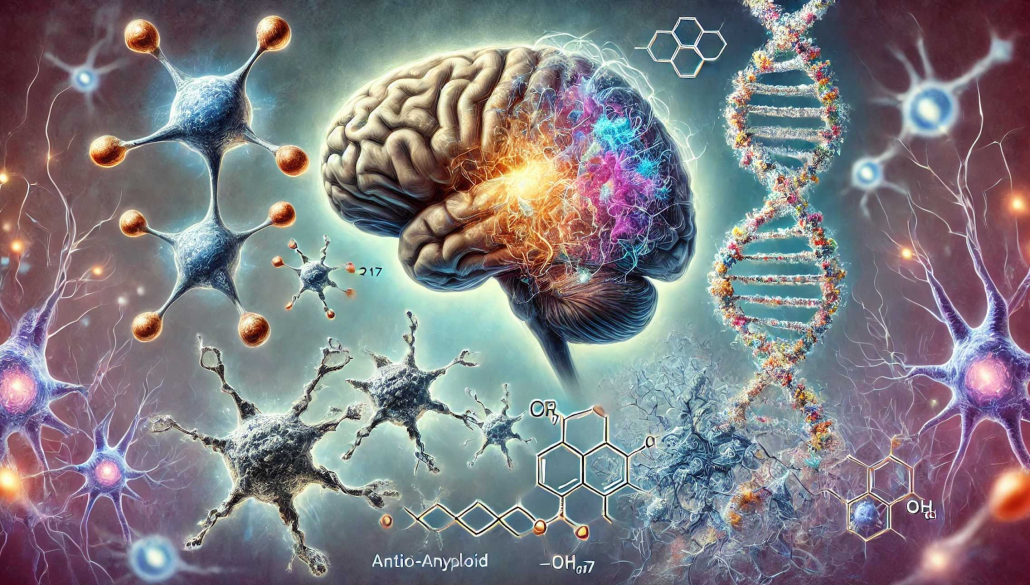Alzheimer
January 23th, 2025
At the end of last year, Europe—and consequently our country—took the first steps toward approving the first of several existing anti-amyloid therapies capable of modifying the natural course of Alzheimer’s disease. At the same time, results were published supporting the diagnostic accuracy of a blood test for detecting phosphorylated tau-217 protein, which offers a reliable way to confirm or rule out Alzheimer’s disease. This diagnostic precision is essential for applying these therapies. Until now, such certainty could only be achieved through cerebrospinal fluid analysis via lumbar puncture (an invasive procedure) or by conducting a PET-CT scan with an amyloid tracer, which is very costly.
These are, therefore, times of hope. However, caution is also warranted: only patients with Alzheimer’s disease (not other types of dementia) in its mild stage (not moderate or severe stages) can benefit. Furthermore, the potential risks of adverse effects or their occurrence should not outweigh the expected benefits. In those fortunate cases where patients can benefit, the treatment will slow the progression of the disease but will not cure it.



